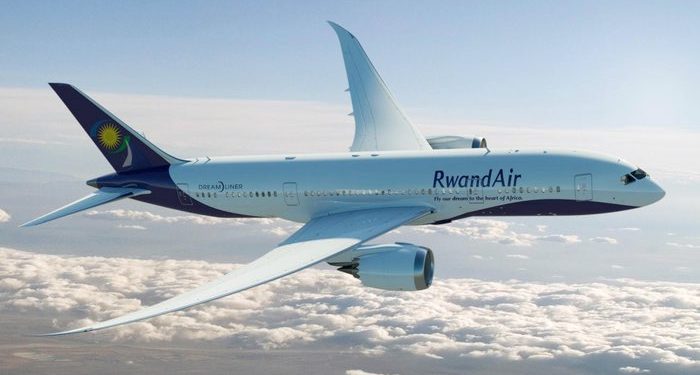
In a significant development, RwandAir, Rwanda’s national carrier, has been forced to reroute its flights after the Democratic Republic of Congo (DRC) closed its airspace to Rwandan planes. This move comes amid escalating tensions between the two countries, further complicating regional air travel.
The closure of the DRC’s airspace is a direct response to an ongoing political and military standoff between Rwanda and the DRC, primarily stemming from long-standing accusations from the DRC government that Rwanda has been supporting rebel groups operating within its borders. Rwanda, in turn, denies these claims, but the dispute has strained diplomatic relations between the two nations, leading to the airspace closure.
RwandAir has confirmed that the airspace closure would impact several of its flights that usually pass through Congolese airspace, particularly those traveling to destinations in East and Central Africa. As a result, the airline has been forced to adjust its flight schedules, diverting affected planes to alternative routes in a bid to avoid Congolese airspace. The rerouting will add significant time to travel and likely incur higher operational costs for RwandAir.
A spokesperson for the airline explained, We are closely monitoring the situation and are doing everything possible to minimize disruptions to our passengers. We’ve implemented new flight paths and will ensure that there are minimal delays for our travelers. However, this is an evolving situation, and we encourage passengers to check for updates.
While the airspace closure is a blow to Rwanda’s aviation industry, it also affects travelers in the region. Passengers flying between Rwanda and the DRC have already faced significant inconvenience due to the rerouting, and other airlines operating in the region are also likely to be affected by the airspace restriction.
The closure comes just weeks after another series of diplomatic skirmishes between the two countries, with both nations accusing each other of destabilizing actions in the volatile region. Analysts warn that the airspace dispute could further deteriorate relations, leading to more diplomatic and economic consequences for both nations.
The International Civil Aviation Organization (ICAO) has yet to comment on the situation, but the development is expected to be discussed at a regional aviation summit scheduled for later this month. International bodies may also call for an urgent de-escalation in an effort to restore normal air traffic and mitigate the impact on regional trade and connectivity.
As tensions continue to simmer between Rwanda and the DRC, the closure of the airspace highlights the growing complexity of regional politics and the direct impact these tensions can have on everyday travel and commerce. For now, RwandAir’s passengers will need to remain flexible as the airline works to ensure safety and maintain service despite the disruption.

